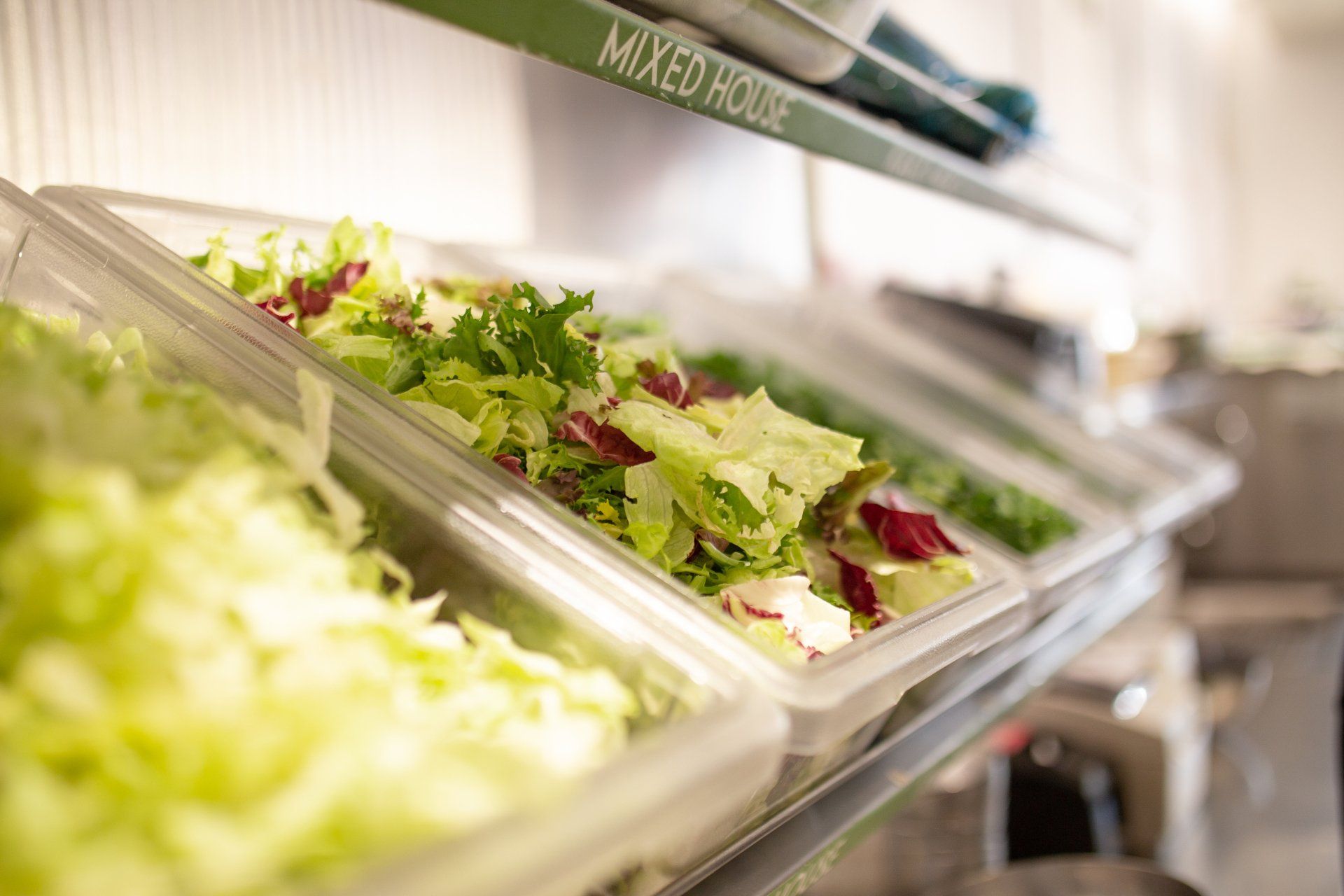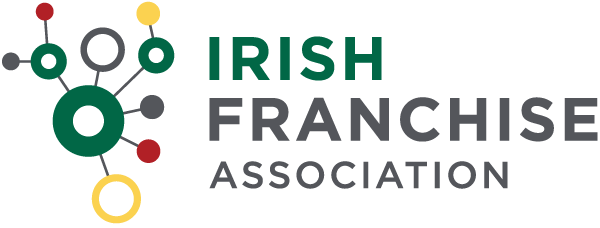We can advise and partner with startup franchisors.


New Franchisors
We specialise in providing critical support and expert advice to successful business owners committed to growing their brand footprint through ethical franchising.
Killeen Sisk provide a comprehensive franchise consultancy service covering all aspects of reviewing, building and managing a best practice franchise programme.
We provide a “full closed loop franchise service” leading you through the process of Investigating, Developing, Implementing and Managing your franchise programme. We are with you all the way. Our services cover all elements outlined below.
Services
When working with new franchisors, we work in a very structured and focused way to assist business owners develop a best practice franchise model in a phased approach
First Phase
Investigation
- Franchise Strategy Overview
- Company Evaluation
- Franchise Suitability Assessment
- Trademark investigation & registration
Second Phase
Development
- Franchise Strategy Development
- Coordinate the documentation of the Legal Agreements through external legal experts
- Franchise Plan Development
- Business Process Mapping
- Development of Franchise Collateral
-Operations Manuals
- Training Curriculum
- Franchise Standards - Administrative Systems review
- Recruitment Processes Developed
- Oversee the development of the Franchise Operations and Training Documentation
- Development of the franchise sales brochure
- Recruitment Collateral Developed
- Franchise Prospectus
- Website Content
- FIMs
- Marketing materials - Legal Agreements developed through your solicitors of choice
- Franchise Launch Plan
Third Phase
Implementation
- Franchisee Selection Criteria
- Recruitment & Selection Process
- Fee Structure Review
- Direction on business controls to manage your franchisees at arms length.
- Business Support Package
- Managing the Franchisor / Franchisee relationship.
- Organisational structures required to support the franchise rollout.
- Pilot Programme Launch
- Sales Training on selling a franchise
- Marketing the franchise
- Coaching in-house support staff
- Franchisee Partner Recruitment
- The Assessment Process
- Selecting the appropriate Franchisee Partner
- Oversee the effective training your new franchisee partner and their key employees
- Granting the franchise
- Launch
Fourth Phase
Managing your franchise programme
- Franchise Management Training
- Franchise Best Practice Audits
- Franchise Sales Improvement
- Mystery Shop your franchise
Fifth Phase
Ongoing Support
Killeen Sisk provides continuous and on-going practical “hands on support” across all elements of your franchise programme, transferring our expertise to your team members in the shortest time possible to include the following:
Franchise Team ongoing support
- Regular team check-ins
- Providing structure and expertise to the team promoting knowledge transfer
Franchisor ongoing engagement support
- Advising on relationship management
Annual review of the Franchise Program
- Annual assessment
- Annual Audit

